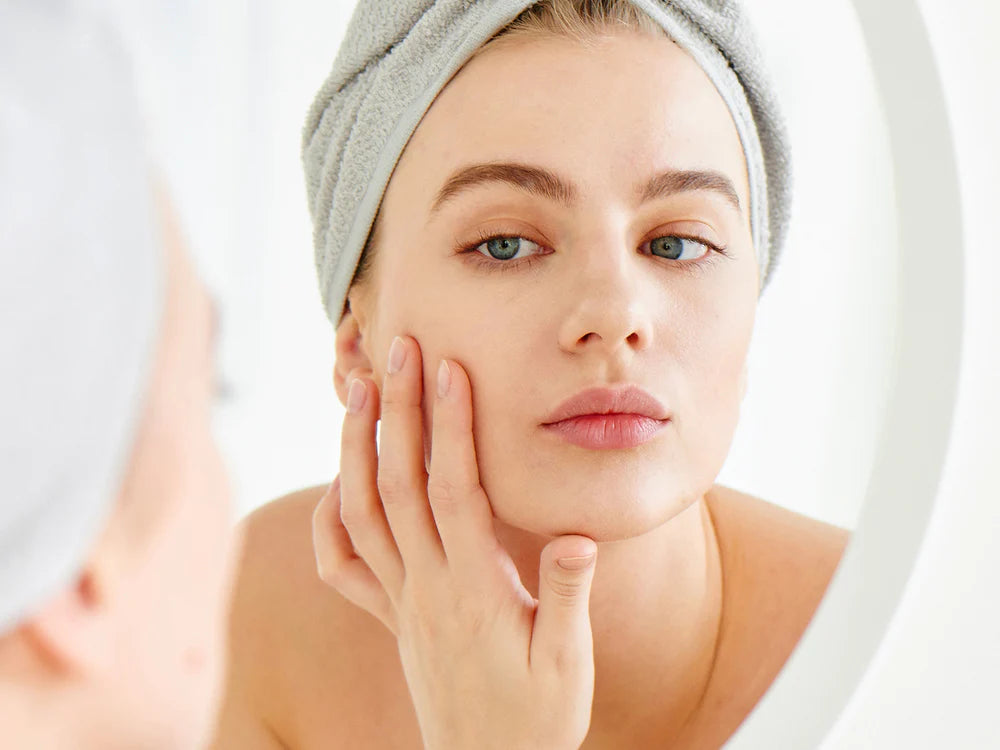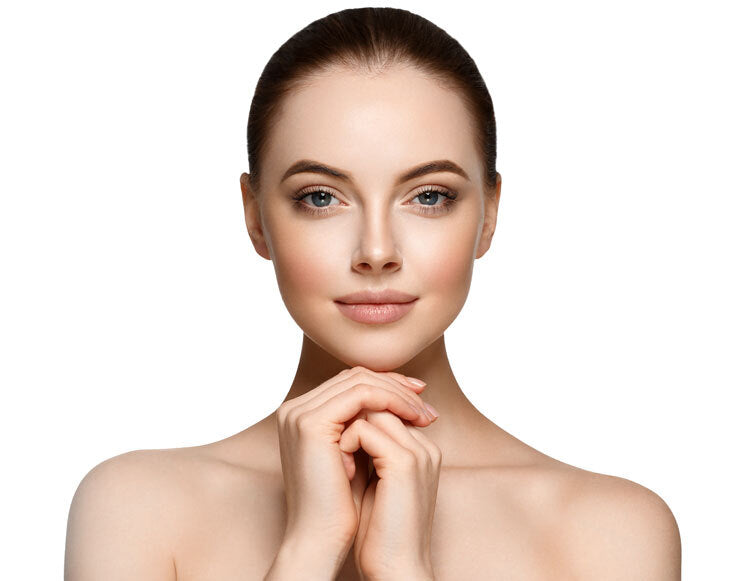
How to Get Rid of Pimples Overnight
It's unrealistic to expect pimples to vanish overnight, effective acne treatments require patience and consistency. Healing time varies, with individual pimples resolving over days or weeks. Factors influencing healing duration include the size and severity of the blemish, as well as the treatment approach adopted by the individual.
How to Get Rid of Pimples Overnight
For optimal results with overnight remedies for inflamed acne, ensure your face is thoroughly cleansed as part of your nightly skincare routine. Follow these steps for clean, refreshed skin:
- Start by gently removing makeup using micellar water or a makeup remover specifically formulated for this purpose. Avoid harsh scrubbing to prevent irritation.
- Wash your face with a gentle cleanser to remove dirt, oil, and bacteria without stripping the skin of its natural oils. Avoid harsh scrubbing, as this can irritate the skin and make acne worse.
- Wrap an ice cube in a clean cloth and apply it to the pimple for a few minutes. This can help reduce inflammation and swelling, making the pimple less noticeable.
- Resist the urge to pick or pop the pimple, as this can worsen inflammation, increase the risk of scarring, and introduce bacteria into the skin.
While these methods may help reduce the appearance of pimples overnight, it's important to remember that everyone's skin is different. Consistency with a regular skincare routine tailored to your skin type is key to preventing future breakouts and promoting overall skin health.
What Causes a Pimple to Form?
The formation of a pimple involves a complex interplay of factors, including the overproduction of oil, the shedding of skin cells, and the presence of bacteria. Here are the key steps that contribute to the formation of a pimple:
- Excess Sebum Production: Sebaceous glands in the skin produce an oily substance called sebum. Hormonal changes, particularly during puberty, can lead to an increased production of sebum. Excess sebum can mix with dead skin cells and create a plug in the hair follicles.
- Buildup of Dead Skin Cells: Skin cells naturally shed, but in some cases, they may not slough off properly. When dead skin cells accumulate, they can mix with sebum, forming a plug that obstructs the hair follicle.
- Bacterial Proliferation: The bacterium Propionibacterium acnes, which is normally present on the skin, can proliferate within the clogged hair follicle. This bacterial growth triggers an inflammatory response from the immune system.
- Inflammation: The immune system responds to the bacterial presence by releasing inflammatory chemicals. This inflammation causes the surrounding skin to become red, swollen, and tender, leading to the formation of a pimple.
Various factors, including genetics, hormonal changes, diet, and skincare habits, can influence the susceptibility to pimple formation. Managing acne involves adopting a consistent and effective skincare routine, and making lifestyle adjustments.
How Do You Prevent Pimples?
Getting rid of pimples involves a combination of good skincare practices, lifestyle changes, and, in some cases, medical interventions. Here are some general tips on how to treat and prevent pimples:
- Keep the Skin Clean: Use a gentle, non-comedogenic cleanser to clean your face twice a day, especially in the morning and before bedtime. Avoid over-cleansing, as this can strip the skin of its natural oils, leading to increased sebum production.
- Avoid Picking or Squeezing: Resist the urge to pick, squeeze, or pop pimples, as this can worsen inflammation, lead to scarring, and spread bacteria.
- Moisturize: Use a non-comedogenic moisturizer to keep the skin hydrated without causing additional breakouts.
- Choose Oil-Free and Non-Comedogenic Products: Opt for oil-free and non-comedogenic skincare and makeup products to prevent pore blockages.
- Limit Sun Exposure and Use Sunscreen: Excessive sun exposure can worsen acne and cause inflammation. Use a broad-spectrum sunscreen with at least SPF 30 to protect your skin.
- Maintain a Healthy Diet: Eat a balanced diet with plenty of fruits, vegetables, and whole grains. Limit the consumption of high-glycemic foods and dairy, as these may contribute to acne in some individuals.
- Stay Hydrated: Drink enough water to keep your skin and body hydrated.
- Manage Stress: Stress can exacerbate acne, so practice stress-reducing activities such as exercise, meditation, or deep breathing.
It's important to note that consistent and patient adherence to a skincare routine is key, and results may take time.






